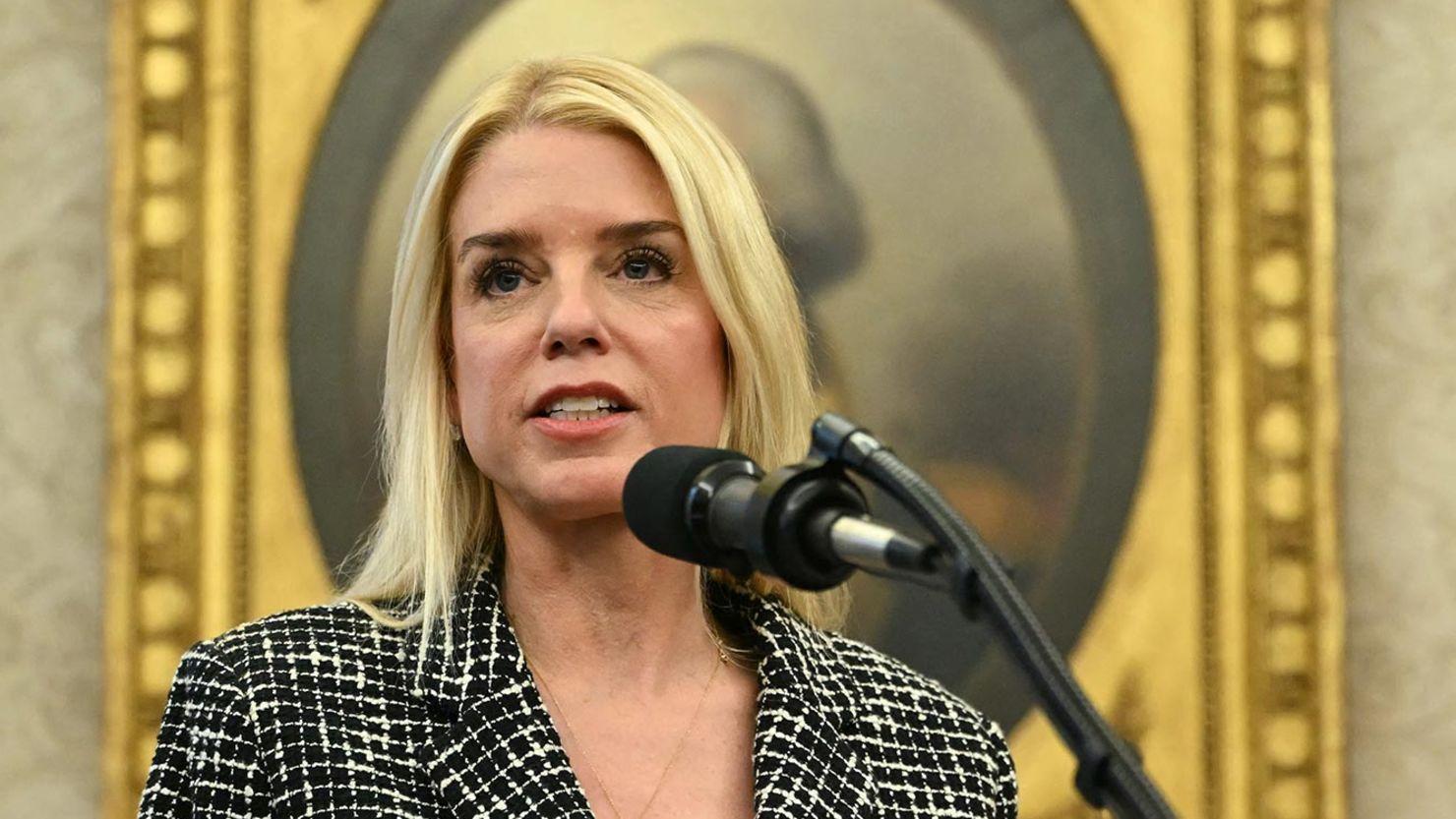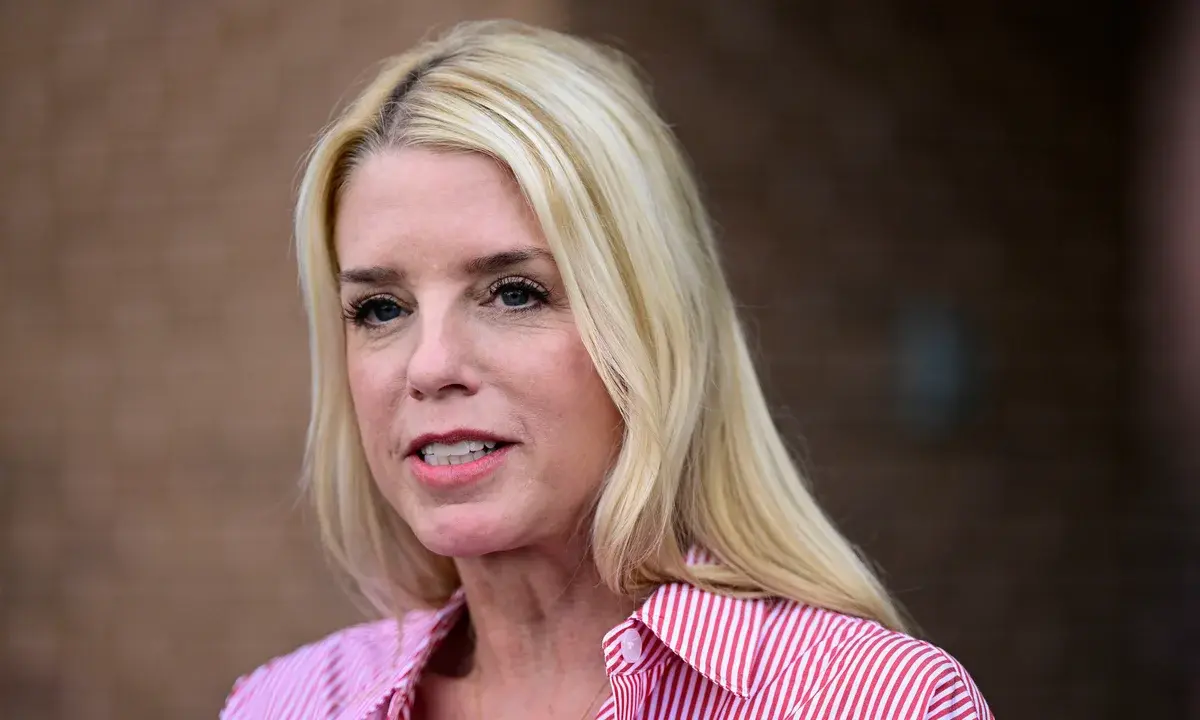Attorney General Pam Bondi faced a pointed question about whether the Trump administration’s push to enforce Title IX compliance in Maine was worth the effort, especially after Governor Janet Mills highlighted that only two transgender athletes were participating in girls’ sports in the state. The exchange underscored a heated national debate over transgender policies in athletics, pitting federal authority against state sovereignty. Bondi’s response was unequivocal, reflecting the administration’s unwavering commitment to its stance.

When asked if the resources spent on pressuring Maine were justified given the small number of transgender athletes involved, Bondi dismissed the concern with a sharp retort: “I don’t care if it’s one. I don’t care if it’s two. I don’t care if it’s 100. It’s going to stop, and it’s going to stop in every single state.” Her words signaled a zero-tolerance policy, emphasizing that the principle of protecting women’s sports under Title IX outweighed any numerical consideration. The administration argues that allowing transgender girls to compete violates the federal law’s intent to ensure fair athletic opportunities for biological females, a position reinforced by recent lawsuits and funding threats against Maine.
Mills, a Democrat, has staunchly defended Maine’s policy, rooted in the state’s Human Rights Act, which protects gender identity as a protected class. She framed the federal action as an overreach, noting the minimal impact of just two athletes and challenging the legality of withholding funds. This clash escalated after Trump’s executive order banning transgender athletes from women’s sports, leading to a public spat where Mills told the president, “See you in court.” The administration responded by suing Maine, alleging Title IX violations, and exploring retroactive funding cuts, a move a federal judge temporarily blocked.
Bondi’s stance resonates with supporters who see it as a defense of fairness, citing physiological advantages transgender athletes might have. Critics, including LGBT advocacy groups, argue it discriminates against a vulnerable minority and lacks evidence of widespread issues, given the tiny percentage of transgender athletes. Public opinion, as reflected in recent polls, leans against transgender participation in women’s sports, with over 55% opposing it at school levels, yet the debate remains polarized.
The administration’s broader strategy targets other states like California and Minnesota, suggesting Maine is a test case. Bondi’s refusal to back down, despite the small scale in Maine, indicates a long-term campaign to redefine Title IX enforcement. Mills counters that this is less about sports and more about federal overreach, promising a vigorous defense. As the lawsuit progresses, the outcome could set a precedent for transgender policies nationwide, testing the balance between federal law and state rights. For now, Bondi’s firm response underscores a resolve that transcends numbers, aiming to reshape athletic equity on her terms.





